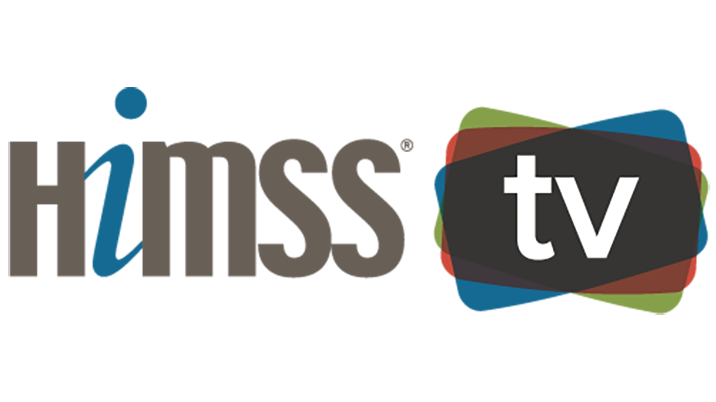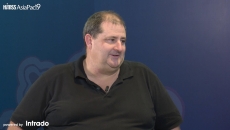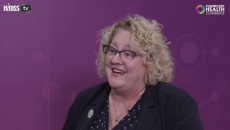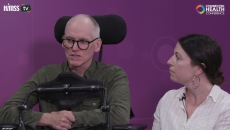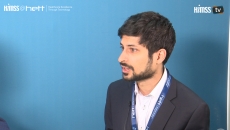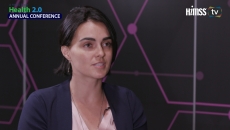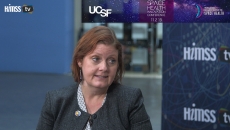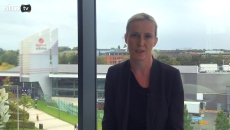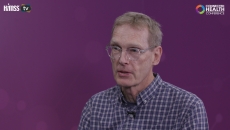HIMSS TV
Grahame Grieve, FHIR product director for HL7 International, says not only is FHIR a standard for exchanging healthcare data, but it is also a community of people who aims to create a "public treasure" that we all own.
Philips Chief Nursing Officer Cindy Gaines shares her views on value-based care, patient experience and population health.
Shannon Aquino, vice president of development, and staffer Chris Hoeh at the United Spinal Association say advocacy issues for those in wheelchairs include AI, autonomous vehicles and other tech for full equality of life.
Rahul Agarwal, assistant director of healthcare at the Department for International Trade in the UK, says at the heart of a new partnership between HIMSS and Healthcare UK is the building of bridges to share expertise around innovation in the NHS.
Orbita SVP and VP Kristi Ebong details how conversational AI can dynamically respond to and serve patients across the tech literacy spectrum.
Teva Pharmaceuticals EVP Sven Dethlefs talks about how the company's new ProAir Digihaler gives the patient and provider valuable insight by detecting when the inhaler is used and measuring inspiratory flow.
CaroMont Regional Medical Center's use of telehealth has helped reduce ER overflow hours from 1,700 to just 148, reports Healthcare IT News Managing Editor Bill Siwicki.
Julie Robinson, chief scientist at NASA's ISS division, talks about using health research on the International Space Station to prepare for a long-term mission to Mars.
Alex MacLeod, manager of HealthShare Commercial Initiatives at InterSystems, shares the key areas where artificial intelligence is expected to make a real difference in healthcare in the coming years.
Bradford Power, founder of Reengineering Cancer Treatment and an author focused on process improvement, speaks from experience on why oncology treatment needs to become more personalized.
